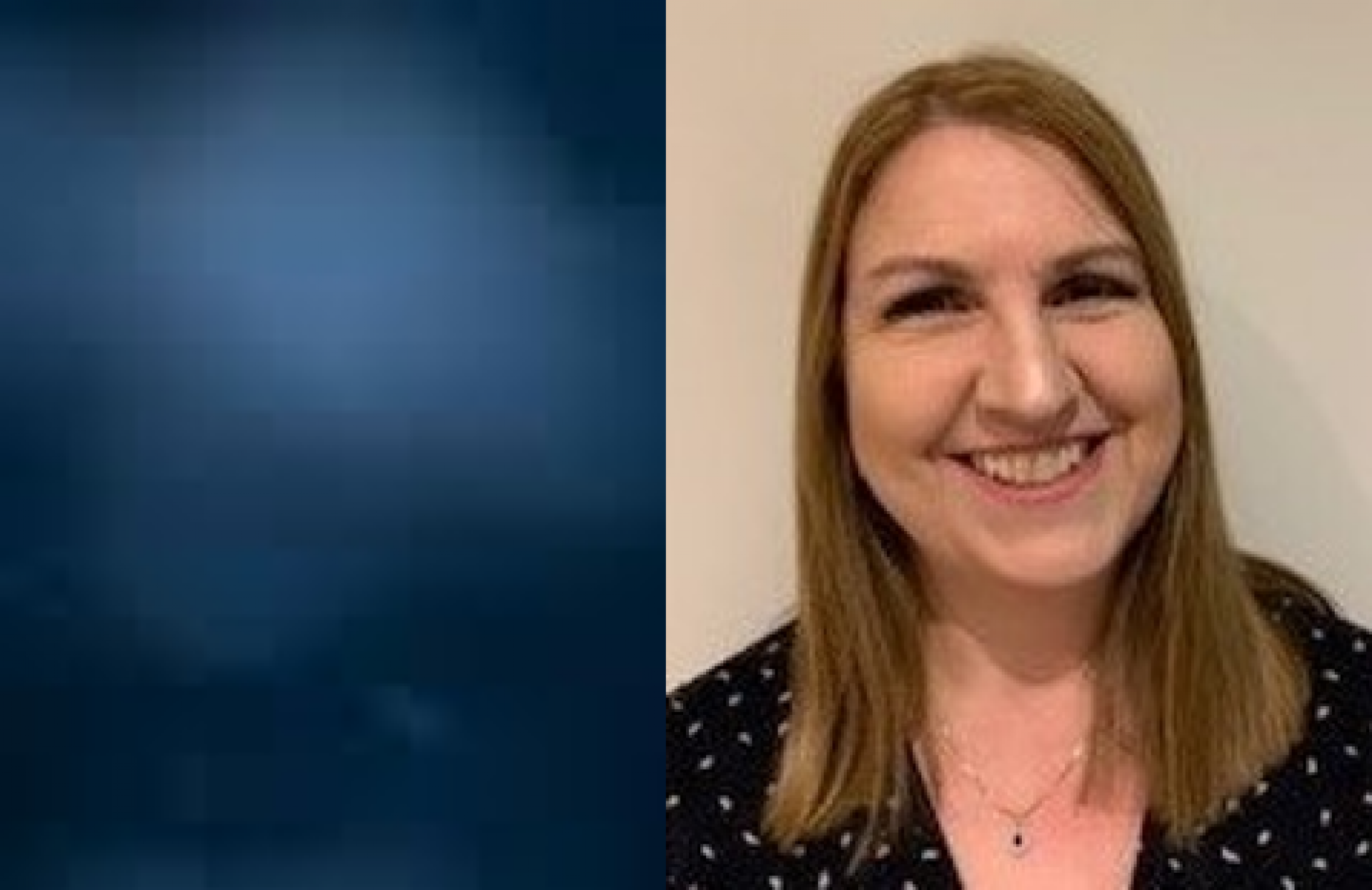
This week sees the Forensic Science Regulator, Dr Gillian Tully, release the final Annual Report before making way for a new Regulator.
Reading the FSR Annual Report is often a great opportunity to reflect on the changing landscape of forensic science and this year is no exception. In many ways the world is very different today than we would have imagined but that also reminds us that the only constant is change.
The report acknowledges that forensic science has improved in the 6 years of current FSR tenure, with more disciplines now supported by scientific validation of their methods, more practitioners and experts holding objective evidence of their competence, and more organisations having achieved accreditation to ISO/IEC 17025 and the FSR Codes.
The FSR also recognises though that there is an urgent need for more fundamental change if the Criminal Justice System in England and Wales is to achieve a fully functioning system with enough capacity to ensure timely delivery. It is a view reflected by the Forensic Capability Network and the driver behind much of our activity.
FCN features heavily within the report with the FSR clearly recognising the support the FCN is providing to the forensic community since its inception in April 2020. The report includes reference that FCN is developing a research and development strategy, has established a national approach to procuring consumables of appropriate standard, is supporting accreditation readiness for Digital Scenes with the South East Regional Organised Crime Unit, is working collaboratively with the Defence Science and Technology Laboratory and Portsmouth University to establish central testing of fingerprint powders, has established a Fire Investigation Accreditation project, and published new Streamlined Forensic Reporting Guidance.
And with the Transforming Forensics Programme and support from forces, FCN is aiming to support the stabilisation of the forensic marketplace, deliver electronic fingerprint workflow, develop an automated digital forensic service for child sexual exploitation cases and seek innovative solutions to streamline validation.
All these successes belong to the whole policing community coming together to work collaboratively, share experience and support best practice.
The FSR Annual Report reinforces the view that a collaborative approach is preferable but notes some police forces have expressed concern that they will merely be supporting those which are less advanced.
To that, we say, yes there will be some support required to forces less advanced in some areas, but support will run both ways and be shared throughout all members – that’s the foundation of the network we are building.
And yes, some approaches need further development, but let’s pause and remember we are less than a year into our journey, so join us and help develop these approaches, have your say through membership and help shape the future of forensic science in the UK.
Deborah Pendry,
FCN Director of Quality